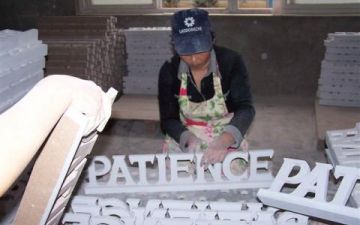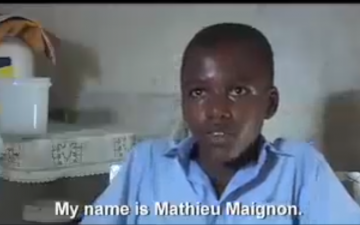The Battle for Basra and Iraq's Oil
"With over 80 percent of the country's known oil reserves, Basra holds the key to Iraq's economy. Without its revenues the central government in Baghdad would collapse. The struggle for power in Basra is central to the larger battle for control in the new Shiite dominated Iraq. This is a report from Basra by independent filmmaker Rick Rowley of Big Noise films." (Democracy Now!)
Listen to or watch the video here.
TRANSCRIPT:






